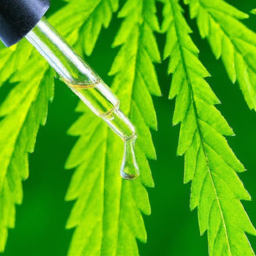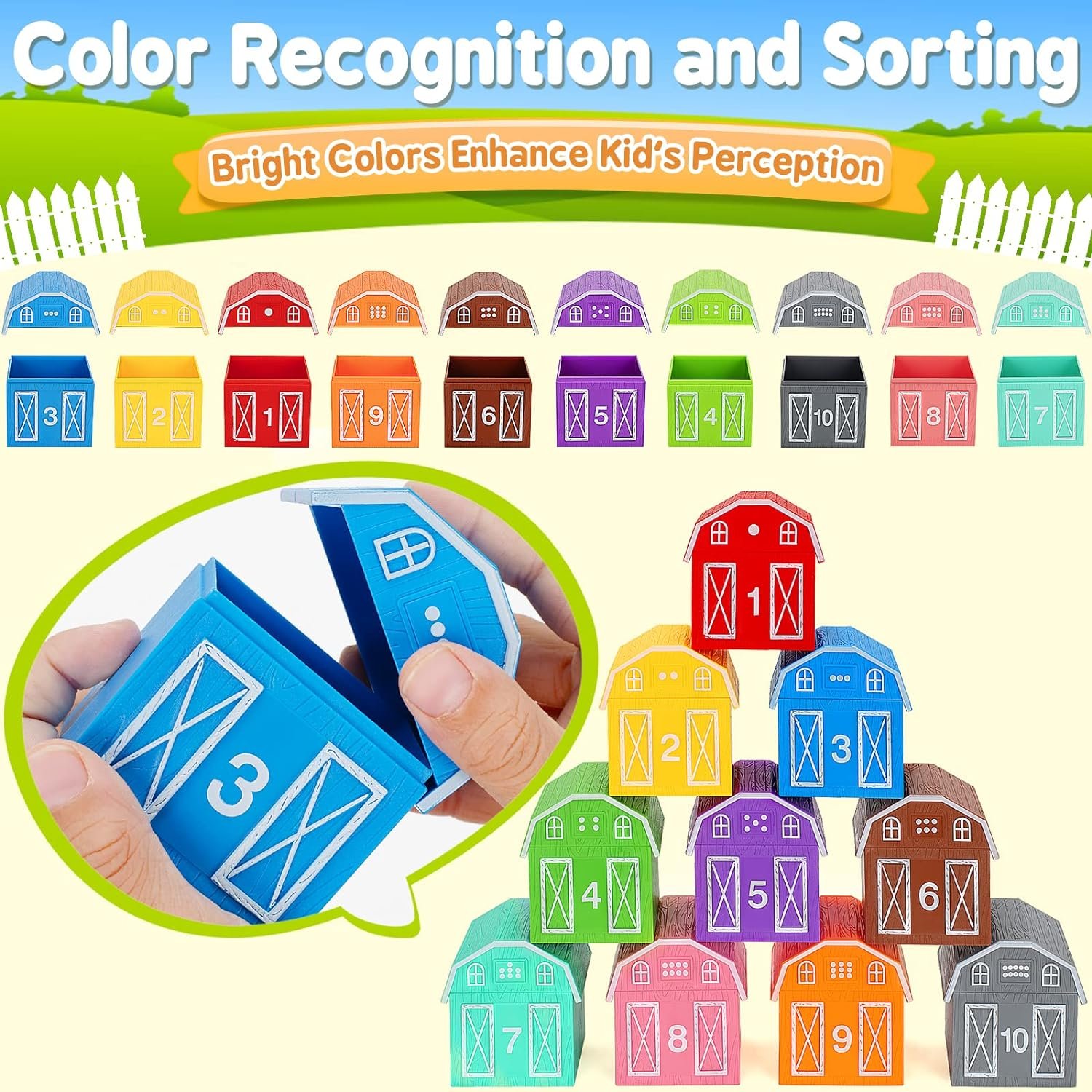The article titled “The CBD Regulatory Environment in Europe: Introduction” provides an overview of the regulatory landscape for CBD products in Europe. It begins by highlighting the stark differences between European cannabis expos and those in the U.S., primarily due to the EU Novel Food regulations. These regulations require extensive testing and proof of safety for any food products not commonly consumed before 1997. As a result, American CBD manufacturers enjoy a significant advantage over their European counterparts. The article goes on to discuss the evolving definitions of “novel” and the challenges faced by the industry in navigating the gray market and complying with regulations. Finally, it touches on recent developments that have granted traditional status to hemp leaves and tea in the EU, while extracts still require additional toxicology reporting and approval. The article paints a comprehensive picture of the complexities surrounding CBD regulation in Europe.
The CBD Regulatory Environment in Europe: Introduction
The CBD regulatory environment in Europe is complex and constantly evolving. This article aims to provide a comprehensive overview of the regulations surrounding CBD products in Europe. It will explore the differences between the regulatory frameworks in the UK, the EU, and the US, as well as the specific regulations related to novel foods and hemp products. Additionally, it will discuss the changes in regulations that occurred in 2019 and the illegality of CBD-containing products. The article will also address the concept of the gray market and the Article 4 submission process. Finally, it will provide some good news for the hemp industry and discuss the retail challenges and consequences associated with CBD regulations in Europe.
Differences between the UK, the EU, and the US
When comparing the regulatory frameworks for CBD products in the UK, the EU, and the US, significant differences can be observed. In the US, there is virtually no regulation of cannabinoid-infused products, giving American CBD manufacturers a significant advantage over their European counterparts. In contrast, the EU Novel Food regulations strictly regulate the use of CBD in food products. These regulations state that any foodstuff not commonly used for human consumption before May 15, 1997, is considered a novel food and requires testing to ensure it is safe for human consumption. The UK has similar regulations, aligning with the EU framework. These regulatory differences have implications for the CBD industry in terms of product availability and market entry.
EU Novel Food regulations
The EU Novel Food regulations play a crucial role in the regulation of CBD products in Europe. These regulations require that any novel food, including CBD-infused products, undergo testing and receive authorization before they can be sold on the market. Hemp was not initially considered novel under these regulations, as hemp plant products were exempted from the scope of the regulations. However, this changed in 2019 when the catalogue entries for “Cannabis sativa L.” were updated, excluding even natural levels of cannabinoids. As a result, any product containing natural CBD or a CBD extract is technically illegal in the EU.
Hemp products and the regulations
Hemp products, including hemp leaves and tea, have faced their own set of regulations in Europe. In June 2023, it was agreed that hemp leaves are considered a traditional food and are no longer classified as novel. This means that hemp leaves and tea can be marketed without additional hurdles. However, this exemption does not apply to hemp extracts such as CBD isolate and distillate, which are still classified as novel. The regulatory framework for hemp products varies between EU member states, with some countries being more lenient than others. It poses a challenge for retailers, as fines and the removal of products can occur without notice.
Changes in regulations in 2019
The year 2019 brought significant changes to CBD regulations in Europe. The update to the catalogue entries for “Cannabis sativa L.” led to the illegality of any food products containing CBD or other cannabinoids. This change affected a wide range of products, including confectioneries, oils, and tinctures. To comply with the regulations, many companies have resorted to vague labeling or stating that their products are “not for human consumption.” This has given rise to a gray market in which products with CBD are sold, relying on benign authorities in certain jurisdictions.
Illegality of CBD-containing products
Under current EU and UK law, any product containing a CBD extract falls under the Novel Food regulations and is considered illegal. This includes both natural CBD and CBD isolates or distillates. The safety of CBD in various concentrations needs to be tested extensively to determine its effects on internal organs such as the liver or reproductive systems. The European Food Safety Authority (EFSA) and the UK’s Food Standards Agency (FSA) play critical roles in assessing the safety of CBD-infused products. Approval at the individual state level is challenging to obtain, further complicating the regulatory landscape for CBD manufacturers.
The gray market
The ambiguities and inconsistencies in CBD regulations have given rise to a thriving gray market in Europe. Retailers selling CBD products walk a fine line between compliance and potential fines or the removal of their business licenses. Authorities have the power to conduct unannounced inspections and impose penalties for selling CBD-containing products. The situation is nerve-wracking for retailers, leading some to close their stores or face constant anxiety about potential consequences. The lack of clear guidelines and the differing approaches across EU member states make it challenging for retailers to navigate the CBD regulatory environment.
Article 4 submission
The Article 4 submission process is a provision of the Novel Food Regulation (EU) 2015/2283 that allows operators to check with national authorities regarding the status of a particular food before bringing it to market. This process involves determining whether the food is considered traditional or novel. Traditional foods can be placed on the market immediately, while novel foods require authorization. Some producers have been able to convince authorities that their CBD-containing products are traditional through Article 4 submissions. This provides them with a legal pathway for selling their products, although such approvals are not easy to obtain.
Good news for hemp leaves
In June 2023, positive news emerged for the hemp industry in Europe. Hemp leaves were once again considered a traditional food and were no longer classified as novel. This means that hemp leaves and tea can be marketed without substantial hurdles. However, this exemption does not extend to hemp extracts, such as CBD isolate and distillate, which are still considered novel and require toxicology reporting for approval. The decision regarding the status of hemp leaves is a step forward for the industry, but further regulatory developments are needed to fully unlock the potential of hemp-based products in Europe.
Retail challenges and consequences
The retail sector faces significant challenges and consequences due to the CBD regulatory environment in Europe. Retailers must navigate a complex web of regulations, often with unclear guidelines and enforcement practices. Failure to comply with the regulations can result in fines, the removal of products from store shelves, or even the revocation of business licenses. This creates a constant sense of uncertainty and anxiety for retailers, who must carefully manage their inventory and labeling to avoid penalties. The retail landscape for CBD products in Europe is shaped by a combination of strict regulations, varying approaches by authorities, and the ever-present risk of non-compliance.
In conclusion, the CBD regulatory environment in Europe is characterized by complex and evolving regulations. The differences between the UK, the EU, and the US create challenges for the CBD industry, especially in terms of product availability and market entry. The EU Novel Food regulations play a central role in regulating CBD-infused products, and changes in 2019 made many CBD-containing products illegal. The gray market has emerged as a result, with retailers relying on vague labeling and uncertain authorities to sell CBD products. The Article 4 submission process provides a potential avenue for approval, but obtaining such approval is challenging. Positive developments, such as the recognition of hemp leaves as a traditional food, offer hope for the industry. However, retail challenges and the consequences of non-compliance continue to shape the CBD market in Europe.

















